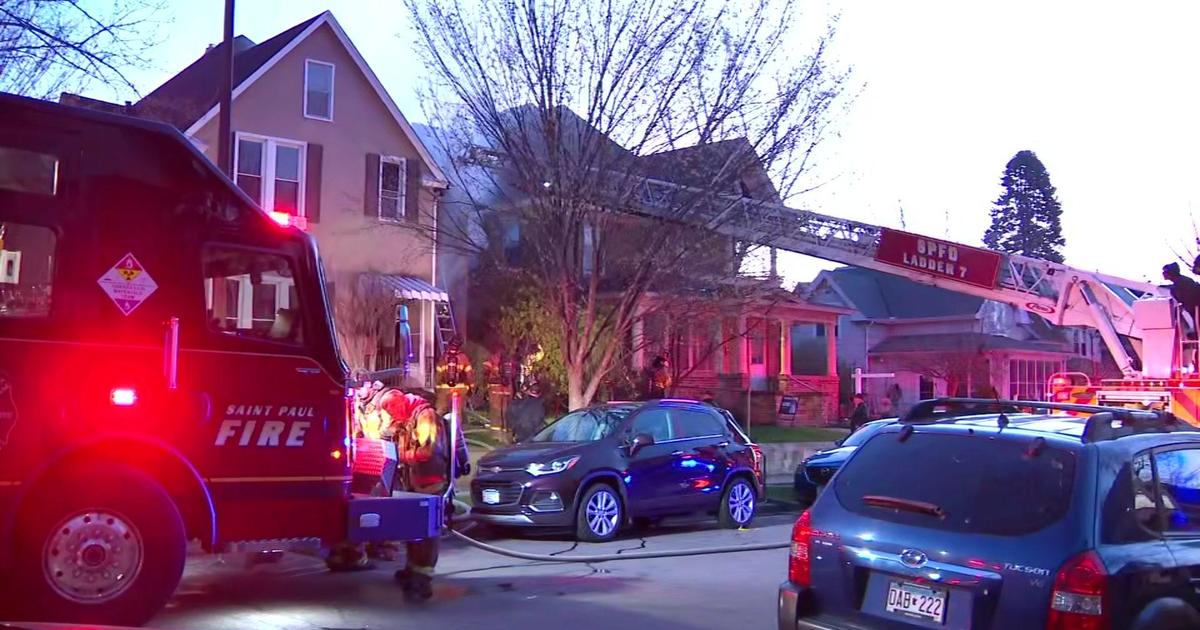Good Question: How Often Should We Check Tire Pressure?
MINNEAPOLIS (WCCO) -- With the wind chill well below zero on Saturday night, it was not the noise Eric Thill wanted to hear.
"We heard a thud and a plop, plop, plop, plop, plop, and it's like 'Yep, that's a flat tire,'" Thill said. "Being the manly man, I was going to change the tire, and it was cold out, and there's cars zipping by. Finally I said, 'No.'"
A tow got Thill's truck home, where it is now waiting for a new tire. His mechanic blamed the blown tire on low pressure.
So, Thill asked the following questions: "When should we be checking our tire pressure and how often?"
Scott Zubrod, a senior instructor at Dunwoody College, says you should be monitoring your tires closer than you think.
"I'm going to tell you you should be checking your tire pressure once at least every two weeks," Zubrod said. "And in the winter time, when it gets extremely cold, I would tell you that we need to be checking it probably once a week."
He says it is most important to check your tires when they are at their coldest.
It is proven for every 10 degrees the temperature drops, you will lose one pound of pressure in the tire.
"If you go from zero to 20 below, you have now just lost two pounds," Zubrod said.
Thill also asked this question: "Do we go off the recommendations of the tire or what the vehicle recommends?"
"We don't want to go off from the tire, because the tire's the maximum pressure that the tire can hold, and that's by the manufacturer," Zubrod said.
Instead, he says check the number on the sticker for the recommendation usually located inside your door.
It turns out, even in our school test, the pressure came up three-pounds short.
Properly-inflated tires play a role in safety, better mileage, better ride quality and tire wear. That means they will last much longer if that number is followed.
The experts at Dunwoody say we should all keep a tire pressure gauge in our vehicles. They run about $15 and they remind drivers that you will not be able to tell if your tires are just a few pounds low.
If they are running 10 pounds or more, that is noticeable -- making it that much more important to be consistently checking in the cold.



